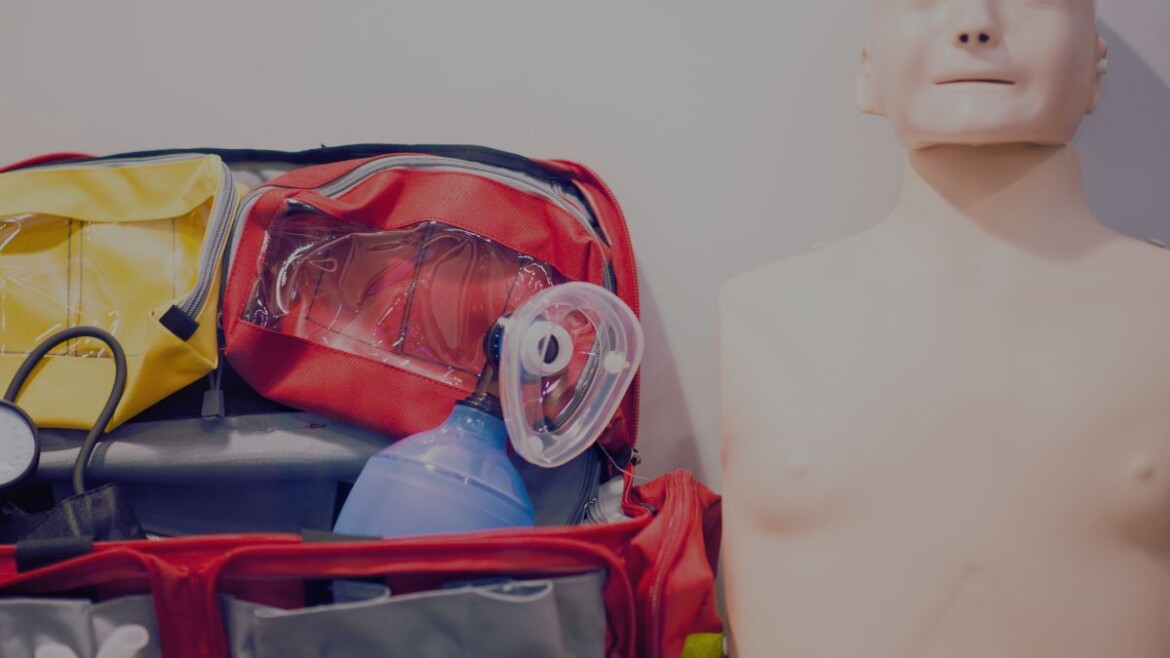Introduction
Injuries and environmental emergencies are everyday challenges that, in our ever-changing world, demand heightened awareness and preparedness. In this blog post, we will explore the significance of being prepared for injuries and environmental emergencies. Whether you’re facing natural disasters, accidents, or sudden health crises, understanding how to respond can make a world of difference.
The Unpredictable Nature of Emergencies
Emergencies, both in the form of injuries and environmental crises, can happen without warning. They test our resilience and our ability to adapt in the face of adversity. Understanding how to respond is crucial in today’s changing world.
A Multitude of Scenarios
Injuries and environmental emergencies can encompass a wide range of scenarios, from accidents at home to natural disasters. Being prepared means having the knowledge and skills to respond effectively in various situations.
Recognizing the Signs
The first step in addressing injuries and environmental emergencies is recognizing the signs. Whether it’s an injury or an environmental crisis, being able to identify the indicators is essential. This knowledge allows for early intervention and improved outcomes.
The Role of Immediate Action
In cases of injuries and environmental emergencies, immediate action is paramount. Understanding the urgency and taking swift steps can prevent further harm and save lives. Whether it’s a personal or community crisis, knowing what to do is essential.
Empowering Individuals
Knowledge of how to respond to injuries and environmental emergencies empowers individuals to be proactive and responsible in emergency situations. It’s not just about reacting; it’s about taking charge and making a positive impact.
Prepared Communities
Communities play a significant role in responding to injuries and environmental emergencies. By promoting awareness, providing education, and ensuring accessibility to resources, communities can enhance their resilience and contribute to the well-being of their members.
Beyond Immediate Care
Understanding and responding to injuries and environmental emergencies go beyond immediate care. It instills in individuals the value of responsibility, empathy, and prompt action during emergencies. These life lessons are invaluable.
A Resilient Future
In conclusion, injuries and environmental emergencies are part of our ever-changing world. Being prepared is a testament to our adaptability and resilience. Recognizing the signs and knowing how to respond is not just a skill; it’s a commitment to safety and the well-being of ourselves and our communities.
Remember, we are living in a dynamic world, and with the right knowledge and a proactive response, we can navigate its challenges and build a safer, more resilient future.


Add Your Comment